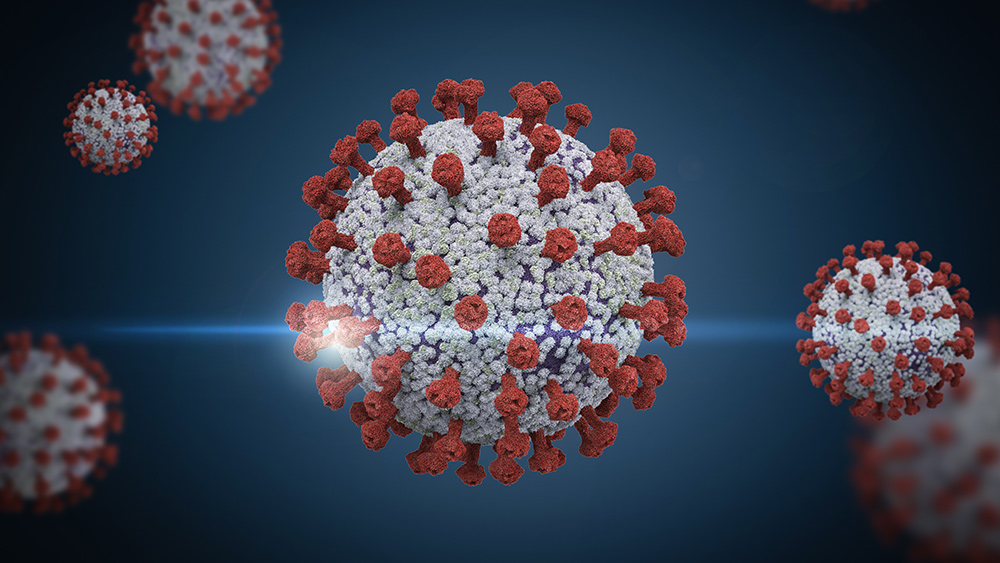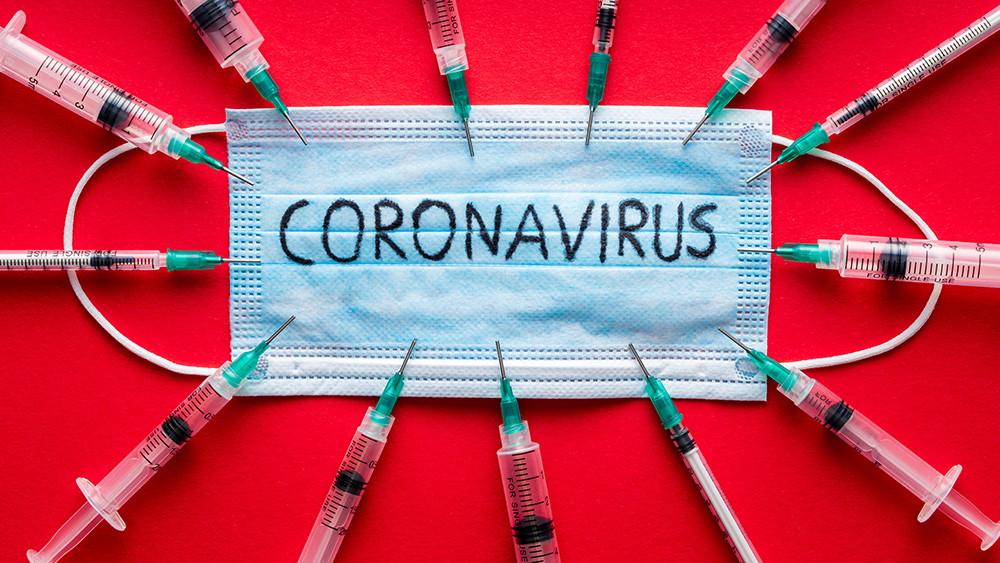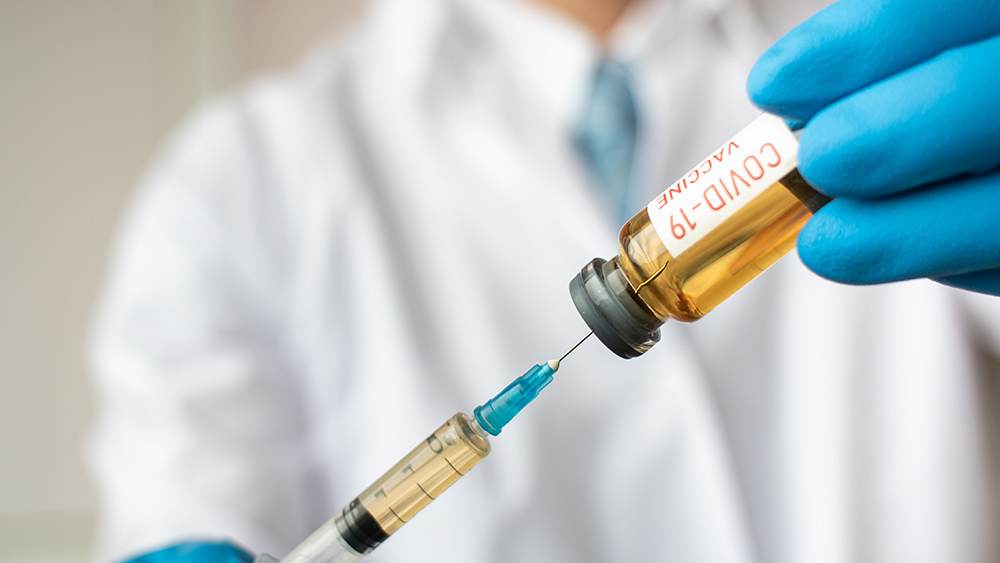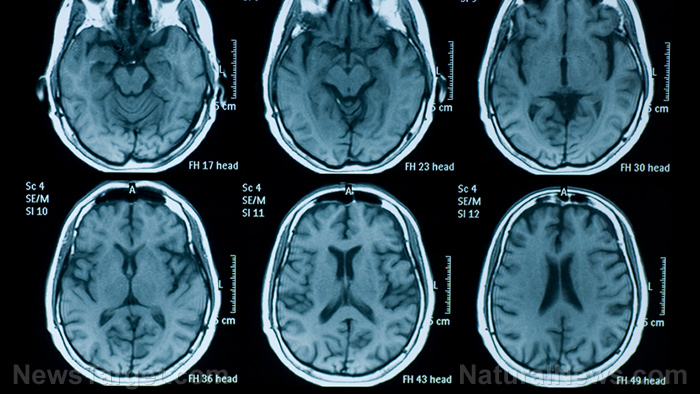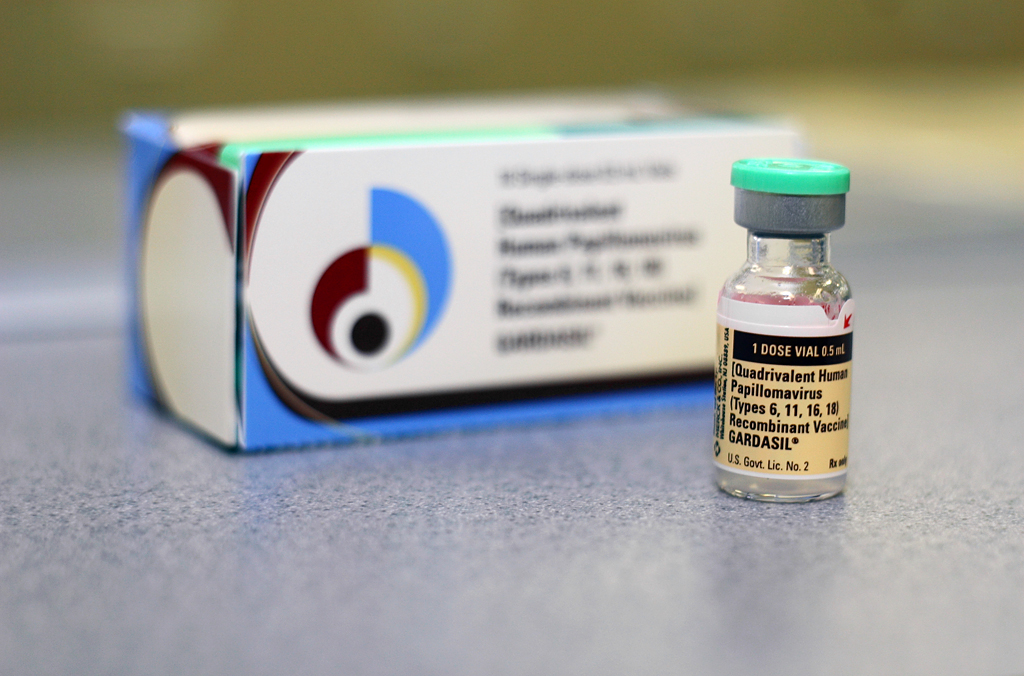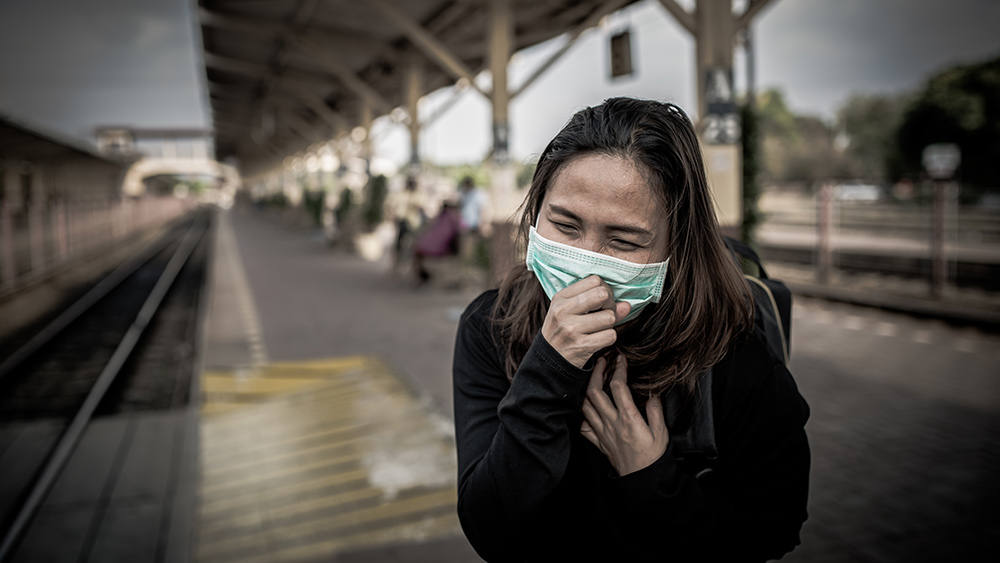Trump questions more stringent FDA guidelines for Operation Warp Speed coronavirus vaccines
10/07/2020 / By Ramon Tomey

President Donald Trump questioned on Sept. 23 the need for the Food and Drug Administration (FDA) to put more stringent approval standards in place regarding coronavirus vaccines. According to the president, the FDA’s “political-sounding” move would be subject to White House approval.
Unnamed sources have said the FDA has been developing stricter guidelines for the emergency authorization of a COVID-19 vaccine, which reporters asked during a Sept. 23 White House briefing. Trump replied to this concern: “We’re looking at that. That has to be approved by the White House. We may or may not approve it. That sounds like a political move.”
The president continued by saying any regulatory steps that delay companies’ vaccine development ran contrary to the aim of Operation Warp Speed, his administration’s effort to fast-track the creation of a coronavirus jab.
“When you have great companies coming up with these vaccines, why would they [the FDA] have to … [add] great length to the process? We want to have people not get sick,” he said. “I don’t see any reason why it should be delayed further. That’s a lot of lives you’re talking about.”
Sources described the FDA’s stricter standard for Operation Warp Speed vaccines as “far more rigorous than what was used for emergency clearance of hydroxychloroquine or convalescent plasma.”
The regulatory agency approved the use of hydroxychloroquine late March, but revoked its authorization three months later after “serious cardiac adverse events and other potential serious side effects” made the drug “unlikely to be effective in treating COVID-19.”
Meanwhile, convalescent plasma was authorized for emergency use in August after studies showed its possible benefits when administered to hospitalized COVID-19 patients. However, the FDA noted that side effects of convalescent plasma use included allergic reactions, lung injury associated with transfusion and possible infections.
Operation Warp Speed says it will not cut corners when it comes to vaccine approvals
White House Press Secretary Kayleigh McEnany clarified the president’s remarks on the stricter vaccine guidelines in a Sept. 24 press briefing. She said that he was referring to the normal interagency process that happens with guidance—which included running through the Office of Management and Budget. She added: “The FDA does have strict standards, they are the gold standards with regards to vaccines.”
Meanwhile, White House adviser Scott Atlas commented that under Operation Warp Speed, a vaccine developed and approved in far less than one year compared to the usual four—without shortcuts on safety—was “highly likely.” He added: “There is zero cutting of safety concerns. There should be no hesitation about the safety [of any coronavirus vacine].”
National Institutes of Health Director Dr. Francis Collins echoed Atlas’ sentiments, saying on Sept. 22 that any attempts to cut corners on vaccine safety and efficacy “will not be allowed to happen.”
The Pfizer vaccine hinted to be the most likely candidate to get FDA approval
According to Trump, a coronavirus could be ready as soon as October—which he has repeatedly said. Under Operation Warp Speed, four pharmaceutical companies have started their phase three trials; the final stage of vaccine testing before the FDA gives the thumbs-up for wide-scale use.
Citing “great numbers …, statistics and tests,” given to him by drug makers in the course of clinical trials, the president said one company has presented a candidate vaccine that “absolutely works.” This company appeared to be Pfizer based on his Sept. 21 remarks that mentioned it was “doing really well.”
Work on Moderna’s coronavirus vaccine is rolling. A CNBC report from Aug. 26 said the company’s vaccine generated “a promising immune response” in a small trial of elderly patients. Some patients reported minor side effects such as fatigue and headaches after taking the vaccine, but these were resolved within two days.
Johnson & Johnson, a late entrant, kicked off trials for its one-dose coronavirus vaccine. According to the company’s chief scientific officer Paul Stoffels, the vaccine displayed promising results after generating a strong immune response in 15 days based on animal models and early human studies. The single-dose vaccine is an advantage over other candidates that require two doses for full protection.
Vaccine trials for AstraZeneca, meanwhile, hit a roadblock after two volunteers developed transverse myelitis—an inflammation of the spinal cord. The company has denied that the “rare” disorder was an adverse effect of its experimental coronavirus vaccine.
Find out more news about the race to develop a vaccine against the coronavirus under Operation Warp Speed at Vaccines.news.
Sources include:
Tagged Under: coronavirus, Coronavirus pandemic, coronavirus vaccine, covid-19, covid-19 pandemic, Donald Trump, FDA guidelines, Food and Drug Administration, novel coronavirus, Operation Warp Speed, pandemic, President Trump, SARS-Cov2, testing, trials, vaccine safety, vaccine testing, vaccine wars, vaccines, Wuhan coronavirus
RECENT NEWS & ARTICLES
VaccineDamage.News is a fact-based public education website published by Vaccine Damage News Features, LLC.
All content copyright © 2018 by Vaccine Damage News Features, LLC.
Contact Us with Tips or Corrections
All trademarks, registered trademarks and servicemarks mentioned on this site are the property of their respective owners.


